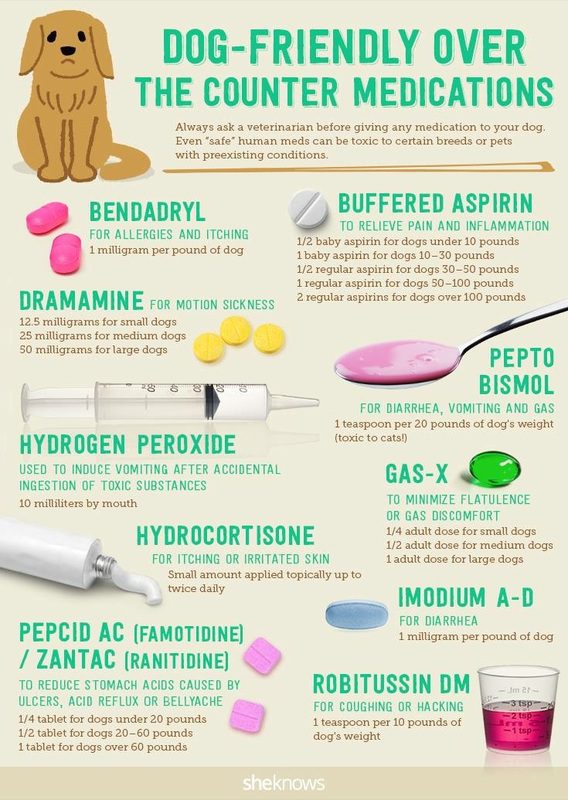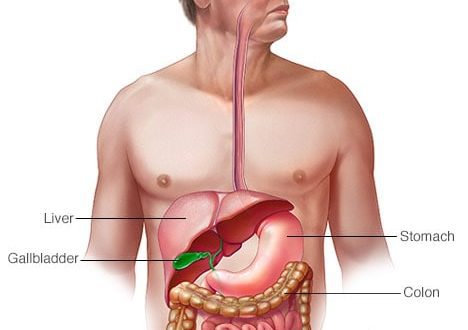
What human medicines should never be given to dogs
All pets, like people, get sick sometimes. Some owners don’t think about what medications they can give their dog and unintentionally make things worse by giving the animal human drops or adding painkillers to their food. Specialized products are provided for dogs, and one cannot do without the advice of a veterinarian. How to determine which drugs should not be put in a dog first aid kit?
Contents
Where to buy medicines for dogs
Veterinary pharmacies offer a large selection of specialized drugs that are designed specifically for animals. All drugs are divided into groups in the same way as in a pharmacy for people. There are drugs for allergies, for the treatment of diseases of the cardiovascular system, pain pills and drops, drugs for ticks and fleas, and much more.
All medicines can be purchased in various forms: there are tablets, drops, ointments, pastes and solutions. There are also special vitamins. However, human pills can be deadly to dogs. They must be hidden in a safe place.
What medications should not be given to dogs
Due to the nature of canine physiology, not all human medicines are suitable for your pet. There are five types of drugs to avoid.
Non-steroidal anti-inflammatory drugs. They can cause irreparable harm to the kidneys and liver of a pet. In the worst case, death is possible.
Medicines based on paracetamol. Too much effect on the dog’s liver can disrupt blood flow and lead to death.
Antidepressants. These drugs can cause seizures, confusion, and increased heart rate in your pet.
Sleeping pills and sedatives. In a dog, they will cause quite the opposite effect. Also, sleeping pills can have a depressing effect on the respiratory system of the animal.
Contraceptive drugs. The dog may be poisoned.
What to do if a pet ate human medicine
If you feel any discomfort, you should immediately consult a veterinarian. Even deworming drugs and ear drops should be prescribed by a professional.
Before making a diagnosis and giving prescriptions, the clinic will conduct the necessary examinations and take tests. Many clinics provide consultations online or by phone if it is not possible to take the pet to an in-person appointment. In large cities, it is possible to call an ambulance for veterinary care or visit a XNUMX-hour clinic.
How to give medicine correctly
Most animals are very reluctant to take prescribed medications. If a child can be persuaded to take a pill by promising a new toy, then this cannot be done with a dog. If the pet categorically refuses the medicine, you can try the following methods.
- Disguise the pill in a treat. You can make a ball out of canned food. You should not crush the tablet: firstly, the pet will feel an unpleasant taste almost immediately, and secondly, some drugs lose their properties when crushed.
- Buy a tablet dispenser. Pet stores sell special devices that allow you to give an animal medicine without harming both the dog and others. A pill dispenser is a kind of syringe with a special grip for medicine. You need to open the dog’s mouth and place the device so that the grip with the tablet is at the root of the tongue. Then you need to press the piston and release the tablet. You can pet your dog on the neck to calm him down and swallow.
- If you don’t have a pill dispenser, you can open your dog’s mouth and place the pill so that it is on the root of the tongue. After that, you can treat her with a treat.
Do not give your pet medication without a prescription from a veterinarian. Even canine medications can be unnecessary and dangerous if used incorrectly and untimely. The health of a pet is the key to a long and happy life.
See also:
- How to give pills to your dog
- What sedatives can be given to dogs
- Checking a dog with a veterinarian
- How to wean a dog from bad habits and teach him to control his impulses





